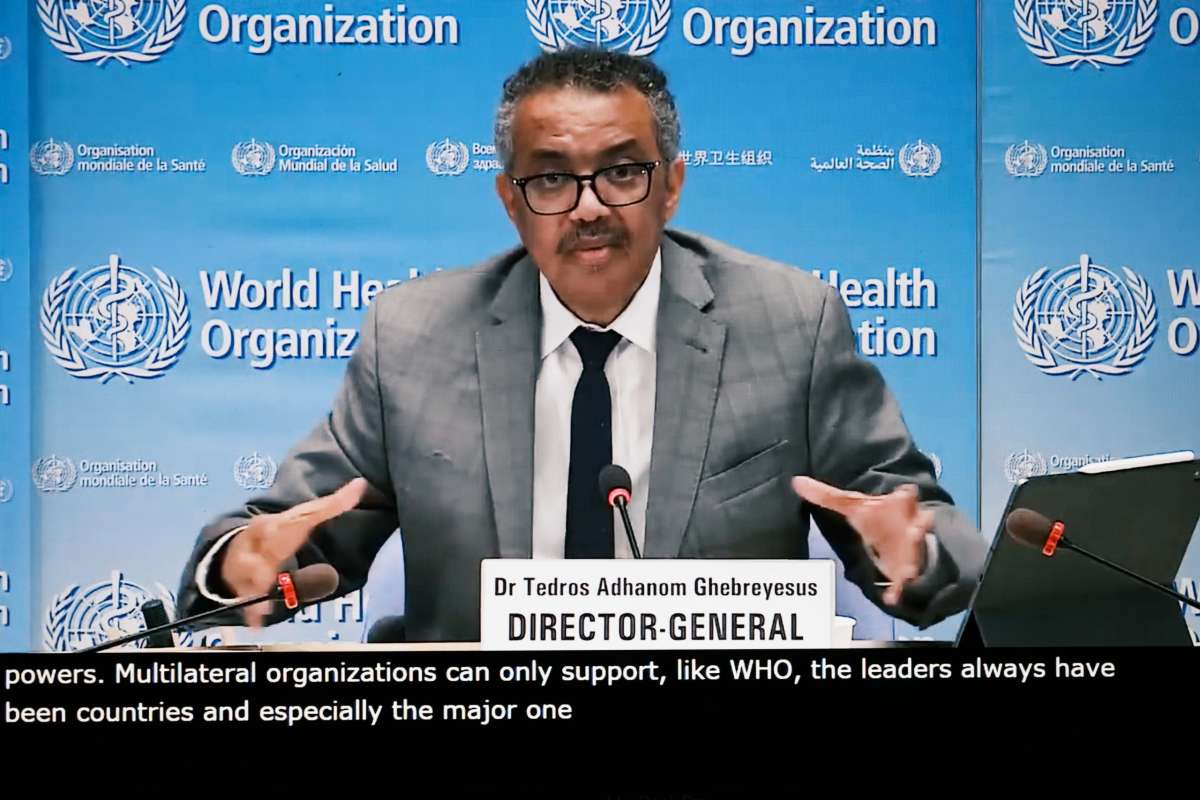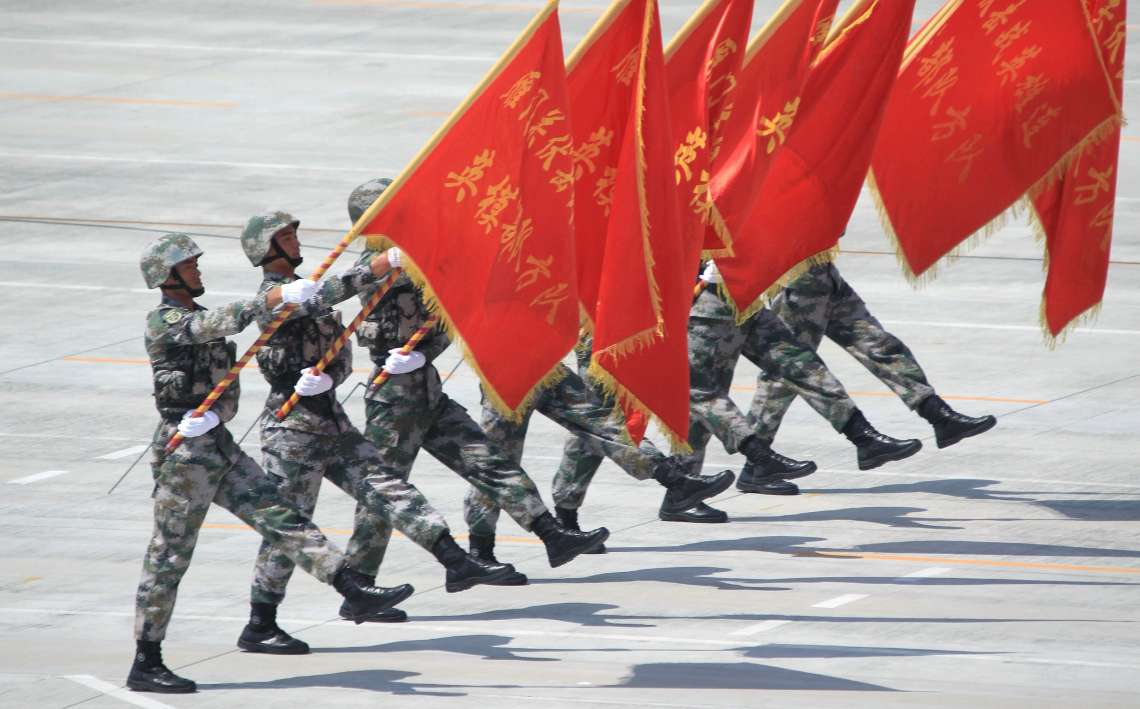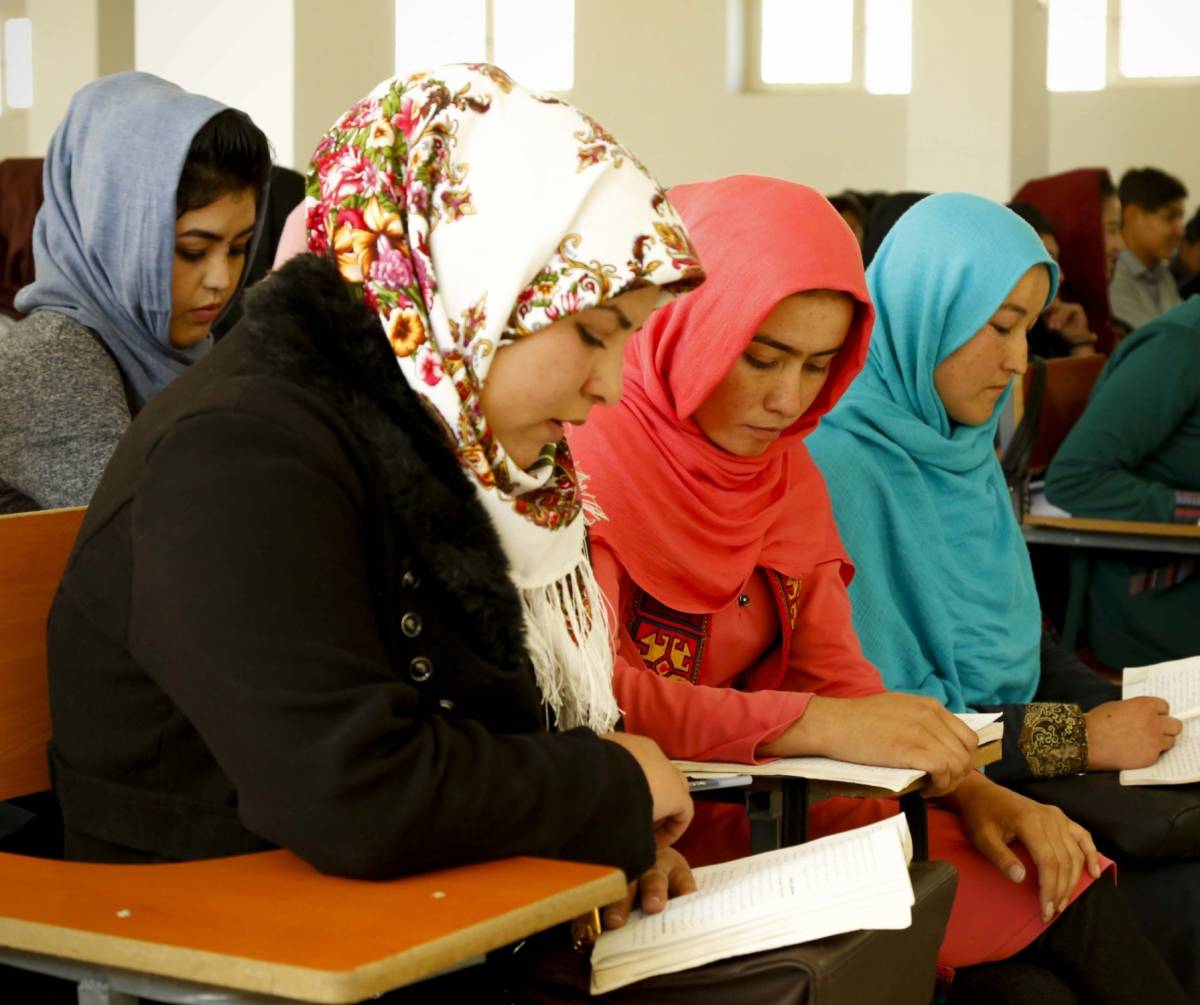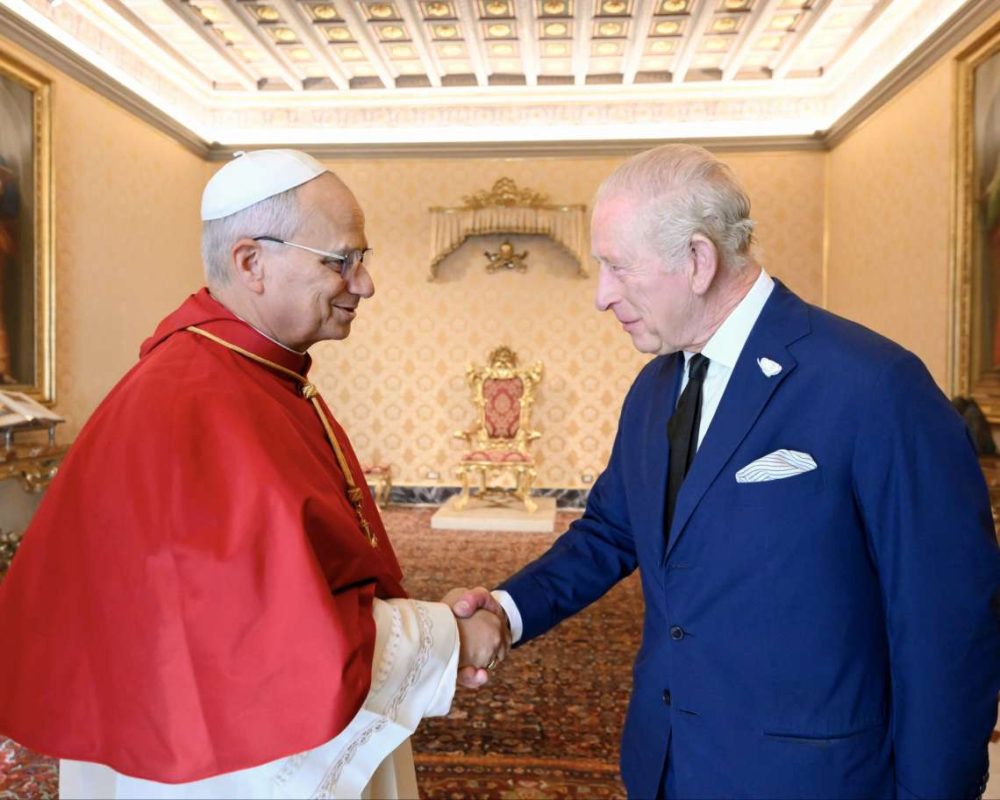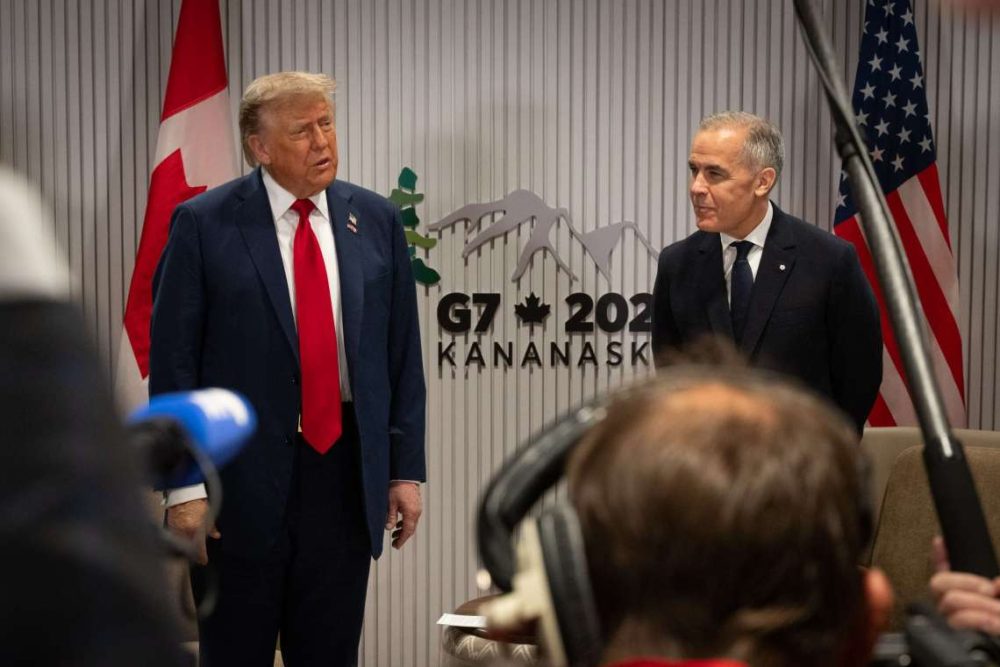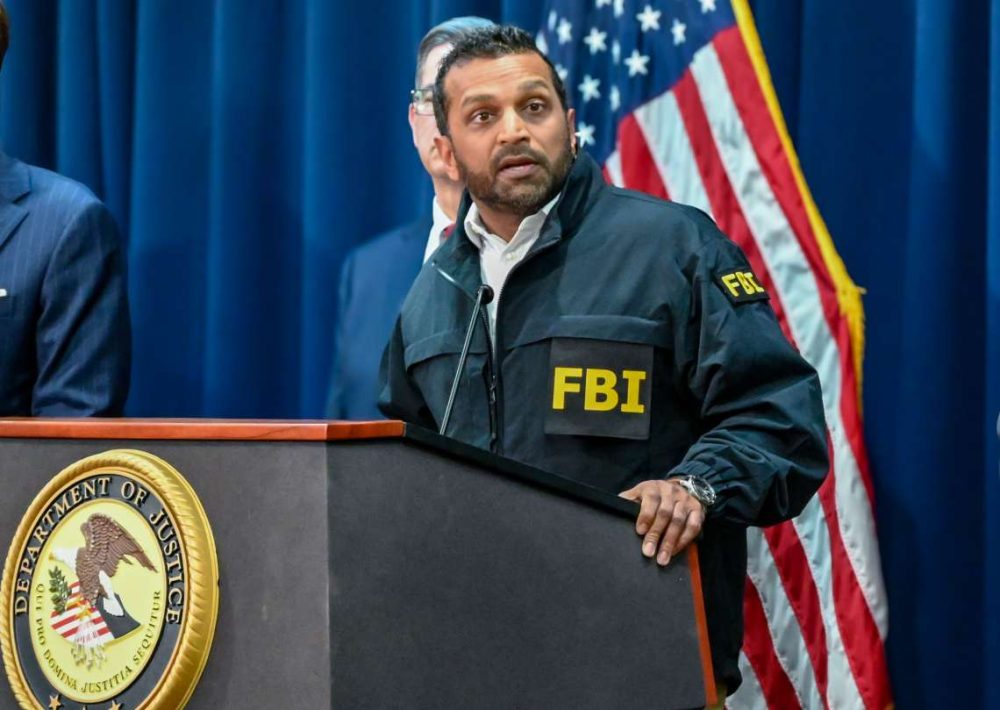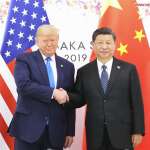Critics accused the WHO of being lenient in response to China’s initial slow reaction, which they contend allowed the virus to spread globally. …reports Asian Lite News
The Director-General of the World Health Organisation (WHO) has called on China to offer greater transparency regarding the origins of Covid-19 and expressed readiness to dispatch a second investigative team to examine the matter. The genesis of the pandemic remains unclear almost four years after the initial cases were reported in Wuhan, China, Financial Times reported.
“We are urging China to provide full access, and we are encouraging countries to raise this issue in their bilateral discussions, urging Beijing to cooperate,” Tedros Adhanom Ghebreyesus said, adding “We have already formally requested information from them and are also prepared to send a team if they grant us permission to do so.”
These comments from the WHO chief come as health authorities update vaccines in response to a surge in Covid-19 cases. While scientists agree that the world is no longer in the acute phase of the pandemic, the global health body emphasised the need for nations to enhance surveillance of the highly mutated BA.2.86 and other Omicron subvariants, according to Financial Times, a British daily business newspaper.

Next week, world leaders will discuss pandemic preparedness during high-level meetings at the United Nations General Assembly in New York.
Tedros revealed that he travelled to Beijing in January 2020 to persuade Chinese President Xi Jinping to allow the first WHO mission of experts to investigate Covid-19. This mission, led by Bruce Aylward of the WHO, marked the initial foray into China to examine the virus’s origins.
Two primary theories about the virus’s origins are under consideration: a zoonotic jump from animals to humans through Wuhan’s wet markets or contagion originating from an accidental release from the city’s virology laboratory. However, no scientific consensus has been reached, and Tedros emphasized that all possibilities remain “on the table,” stating, “Unless we have evidence beyond a reasonable doubt, we cannot make definitive conclusions. But I believe we will find the answer. It’s just a matter of time.”
Regarding his meeting with President Xi, Tedros explained, “I met with the president and the officials beneath him initially hesitated to permit us to send a team. So I had to travel there to explain why it was so crucial.”
A day after Tedros returned to Geneva, the WHO declared Covid-19 a Public Health Emergency of International Concern, the highest designation possible. It was only lifted in May of this year, as reported by Financial Times,
Critics accused the WHO of being lenient in response to China’s initial slow reaction, which they contend allowed the virus to spread globally. Tedros rejected this assertion, stating that the organization collaborated with China when it took measures to control the virus and openly criticized Beijing when it hindered the investigation into the virus’s origins.
The WHO conducted its first investigation into the origins of Covid-19 in China in early 2021 but returned with an inconclusive and widely criticised report, citing a lack of cooperation from Beijing. Tedros stated, “Regarding the origin study, when they refused to give us full access, we began private discussions, and when they continued to resist cooperation, we made it public.”
He emphasized the importance of uncovering the virus’s origin, stating, “If we determine the origin, we can prevent the next outbreak. This is a matter of science. It would be morally wrong not to know what happened.”
Tedros noted that “the pandemic was politicized from the beginning.” In mid-2020, former U.S. President Donald Trump temporarily withdrew funding and threatened to withdraw the United States from the WHO amid increasing scrutiny of the virus’s outbreak. Such actions complicated efforts to establish “global solidarity” in managing the public health crisis, according to Tedros.
While there are still no answers for “all those who have suffered from this pandemic,” Tedros highlighted that the Covid-19 crisis has prompted many governments to recognize the value of enhancing the resilience of their healthcare systems. “In many countries, health was not considered central to development, and it was viewed as an expense,” he said. “Now, after the pandemic, people are starting to realise that it is an investment that can prevent future pandemics,” Financial Times reported. (ANI)


